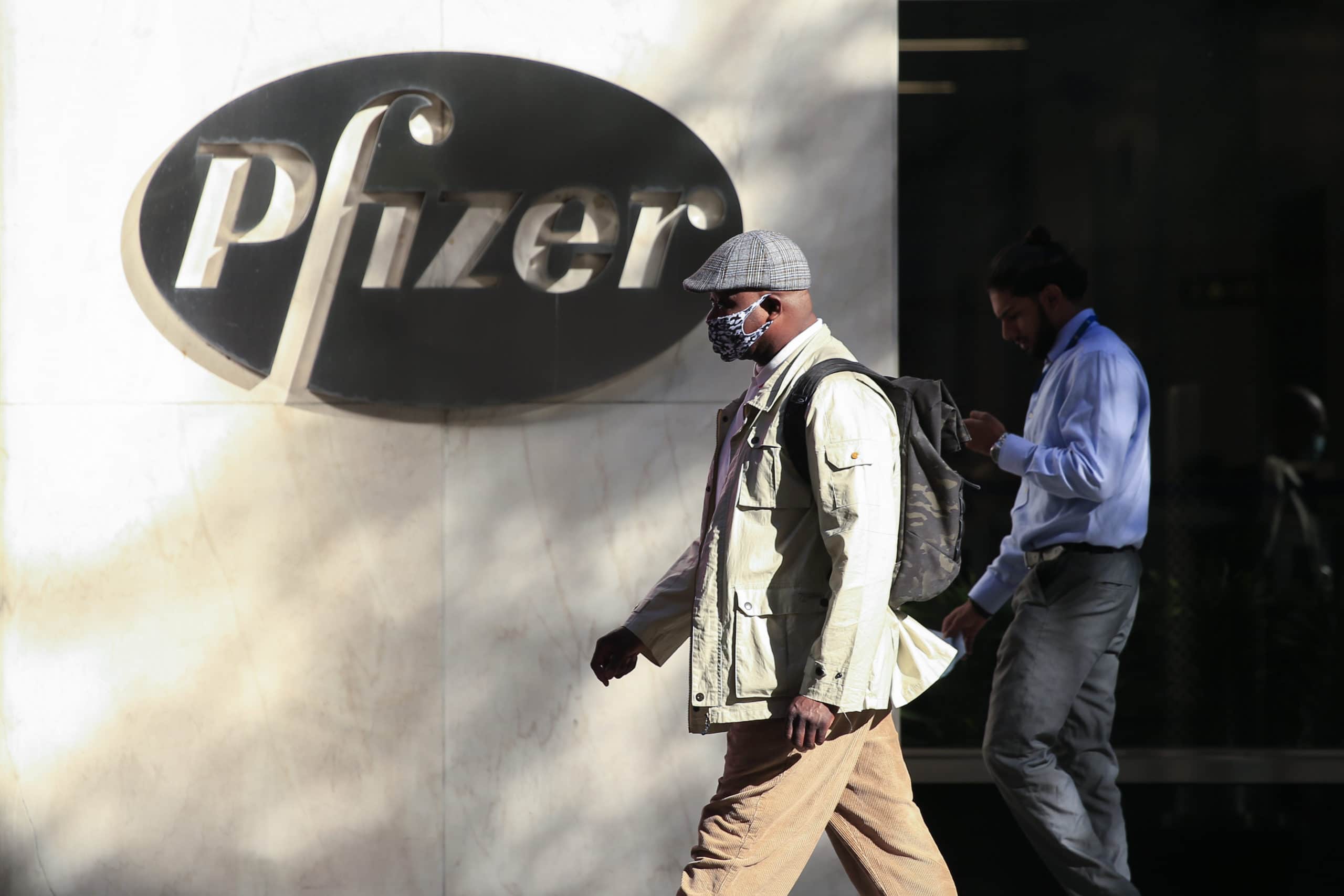TOPLINE Pfizer and BioNTech said Thursday that research shows taking a third dose of their vaccine as a booster protects even more against Covid-19, including the Delta variant, and will ask the Food and Drug Administration for emergency authorization for the shot within the next several weeks.
KEY FACTS
A study not yet released by the companies shows that a third dose of the Pfizer-BioNTech vaccine six months after the second dose protected people against the original strain of Covid-19 as well as the Beta variant.
After six months, the companies’ two-dose vaccine loses some of its ability to protect against getting Covid-19 and developing symptoms, although it continues to work well against preventing severe Covid-19, the companies said, referencing data from their studies and from the health ministry in Israel, which has a highly vaccinated population and has recently seen a wave of the Delta variant spread.
After taking the booster shot, antibodies against the original and Beta variants were “five to 10 times higher,” the companies said in a press release.
The companies believe a booster shot would also increase protection against the Delta variant based on a Nature study which they said suggests that the two-dose vaccine is effective against the variant.
Pfizer and BioNTech in August will launch a trial of a vaccine specifically targeting the Delta variant.
The companies said they will send the data to the FDA “in the coming weeks” for its application for emergency authorization and that they will publish the data in a peer-reviewed journal.
They will also send the data to the European Medicines Agency, which regulates drugs in the European Union, and “in discussion with EU and other regions” about emergency authorizations, a spokesperson said.
A separate study published Thursday in JAMA Oncology found the vaccine was found to be safe for cancer patients, although most didn’t develop antibodies until after their second dose, and 14% didn’t develop the antibodies at all.
TANGENT
The FDA, which is in charge of approving vaccines, released a statement with the CDC Thursday night that appeared to respond to Pfizer and BioNTech’s news. “Americans who have been fully vaccinated do not need a booster shot at this time,” it said. Both agencies and the National Institutes of Health, the statement continued, are researching “whether or when a booster might be necessary.”
KEY BACKGROUND
Whether booster shots work, and how well, is important because scientists expect that vaccines will lose strength over time. Because the pace of vaccination is so unequal—globally, just one in four people have received at least one vaccine dose; in the U.S., at least 15 states are not on pace to partially or fully vaccinate 70% of residents until 2022—some people are likely to need booster shots before others get their first dose.
By Graison Dangor, Forbes Staff
